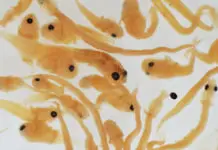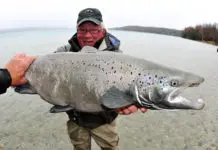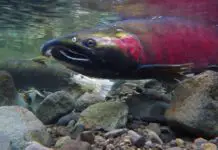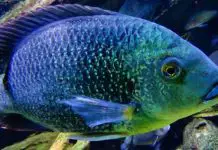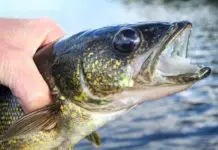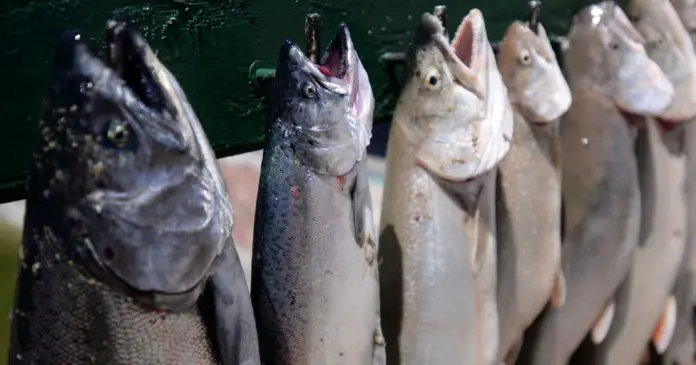
NIFES (National Institute of Nutrition and Seafood research, Norway) is to study how the health of sterile salmon can be improved by changes in nutrition.
Sterilised salmon are regarded as a potential solution to the problem of escaped farmed fish, since they cannot interbreed with wild salmon. However, several problems remain to be solved before such fish can be produced on a large scale.
A number of research institutions are now about to try to solve these problems in the course of a three-year project run by the Institute of Marine Research and financed by the Research Council of Norway.
NIFES will look at how nutrition affects the growth and wellbeing of what are known as triploid salmon, which become sterile as a result of changes in their genetic material induced by heat and pressure treatment at the egg stage.
“We are going to study whether we can modify the salmon’s nutritional programme in order to reduce the incidence of bone deformities and cataracts, which have a tendency to occur in triploid salmon production,” says head of research Rune Waagbø at NIFES.
Previous research at NIFES has shown that the composition of fish feed plays a decisive role in the development of these pathological conditions.
NIFES’ climate research will also be brought into the project.
“We want to find out more about the preferred temperature range of triploid salmon. So far, the indications are that high sea temperatures can be challenging for them. The question then is whether this is a factor that we can do something about through nutritional modifications, or whether production of triploid salmon will have to be restricted to colder regions of the sea, such as northern Norway,” adds Waagbø.























